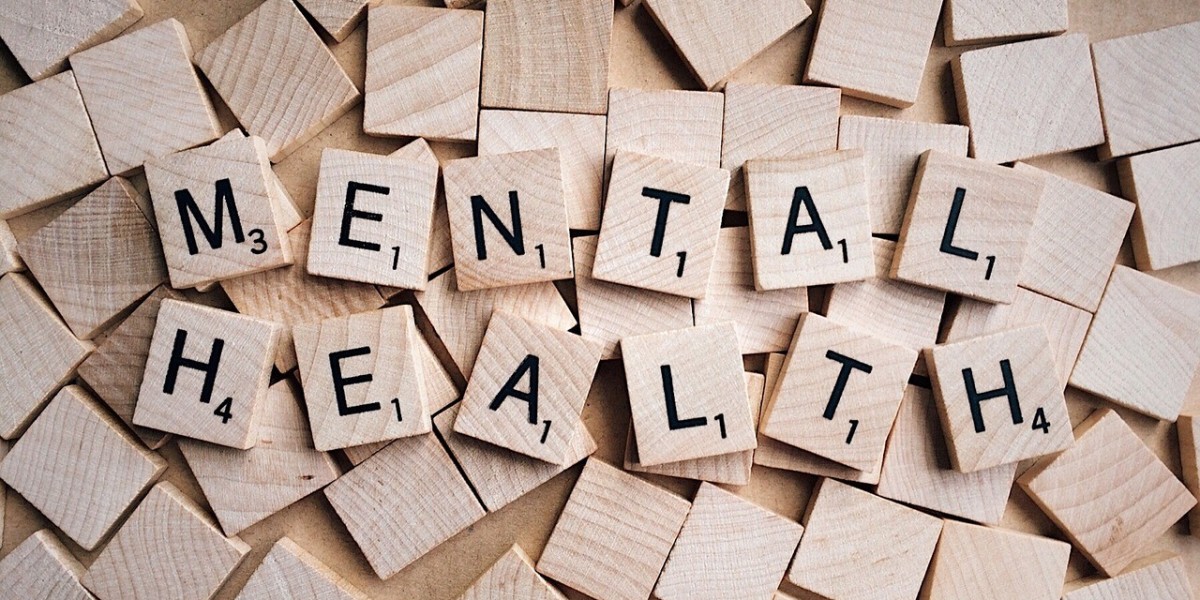In today's fast-paced and demanding world, mental health has emerged as a critical aspect of our overall well-being. It's no longer a subject tucked away in the shadows; it's a conversation that is gaining momentum and importance. In this article, we'll explore the significance of mental health, strategies for maintaining it, and the resources available for support.
The Importance of Mental Health:
Mental health encompasses our emotional, psychological, and social well-being. It affects how we think, feel, and act in daily life. Good mental health contributes to our ability to handle stress, build healthy relationships, work productively, and make choices that enhance our lives.
Conversely, poor mental health can lead to various issues, including anxiety, depression, substance abuse, and reduced quality of life. Recognizing the importance of mental health is the first step toward a happier and more fulfilling life.
Strategies for Maintaining Mental Health:
1. Self-Care: Self-care is not selfish; it's essential. Prioritize activities that bring you joy and relaxation. This could include hobbies, exercise, reading, or simply spending time with loved ones.
2. Physical Health: A healthy body often leads to a healthy mind. Regular exercise, a balanced diet, and adequate sleep can significantly impact your mental well-being.
3. Mindfulness and Meditation: Mindfulness practices and meditation can help you stay grounded and reduce stress. These techniques encourage you to stay present, rather than dwelling on the past or worrying about the future.
4. Seeking Help: If you're struggling with your mental health, don't hesitate to seek professional help. Therapists, counselors, and psychiatrists are trained to provide support and treatment for a wide range of mental health conditions.
5. Social Connections: Strong social connections are crucial for mental health. Nurture your relationships, reach out to friends and family, and don't be afraid to lean on your support network during challenging times.
6. Limit Stressors: Identify sources of stress in your life and take steps to minimize them. This might involve setting boundaries, managing your time more effectively, or seeking support for specific stressors.
Resources for Mental Health Support:
1. Therapists and Counselors: Mental health professionals can provide therapy and counseling tailored to your needs. They can help you address issues such as anxiety, depression, trauma, and relationship problems.
2. Support Groups: Many communities offer support groups for individuals dealing with specific mental health challenges. These groups provide a safe space to share experiences and coping strategies.
3. Online Resources: Numerous websites and apps offer mental health resources, including articles, self-help tools, and guided meditation exercises.
4. Community Resources: Local mental health clinics, community centers, and non-profit organizations often provide affordable or free mental health services.
Remember, taking care of your mental health is a journey, not a destination. It's perfectly normal to face challenges, and seeking help is a sign of strength, not weakness. Prioritize your well-being, and you'll find that it positively impacts all aspects of your life, from your relationships to your overall happiness. Together, we can work towards a world where mental health is treated with the same importance as physical health, creating healthier and happier communities for all.







